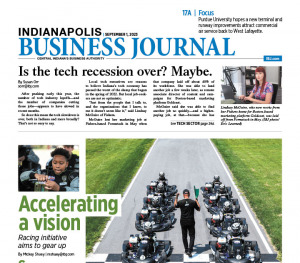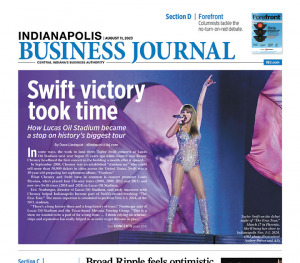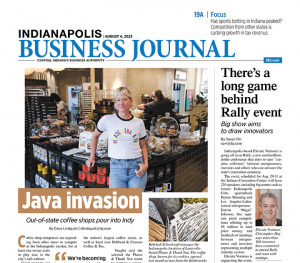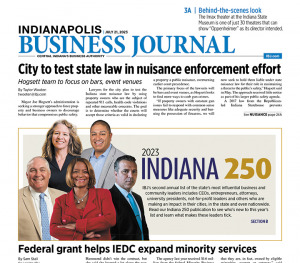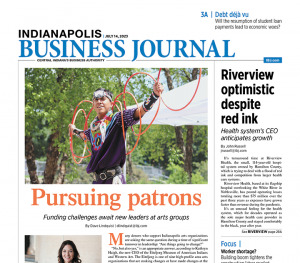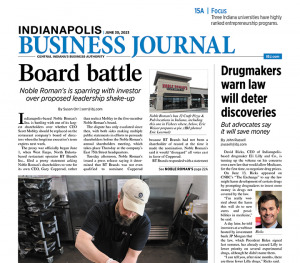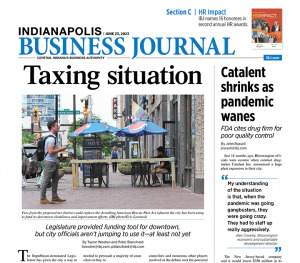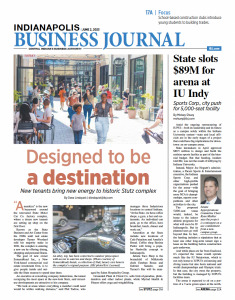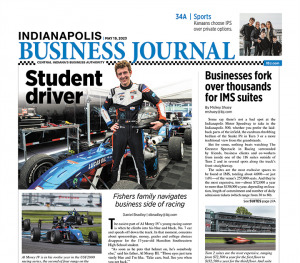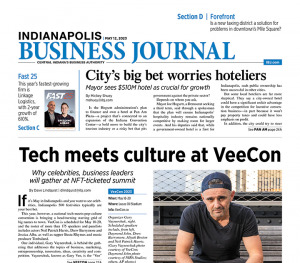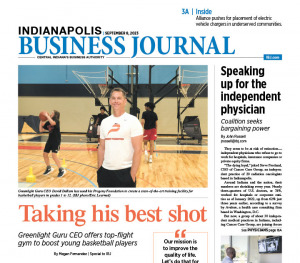
SEPT. 8-14, 2023
As Mina Starsiak Hawk wraps up production of HGTV home-reno staple “Good Bones,” she’s airing her frustration with Indianapolis’ Department of Metropolitan Development and Department of Business and Neighborhood Services. Dave Lindquist details how Hawk’s company butted heads with city planners and how they’re responding. Also in this week’s issue, Megan Fernandez explains how the founder and CEO of medical-device-software firm Greenlight Guru has created a world-class training arena for youth basketball players in Indianapolis. And John Russell outlines how independent physicians in Indiana are teaming up to push back against regulatory and economic pressures.

